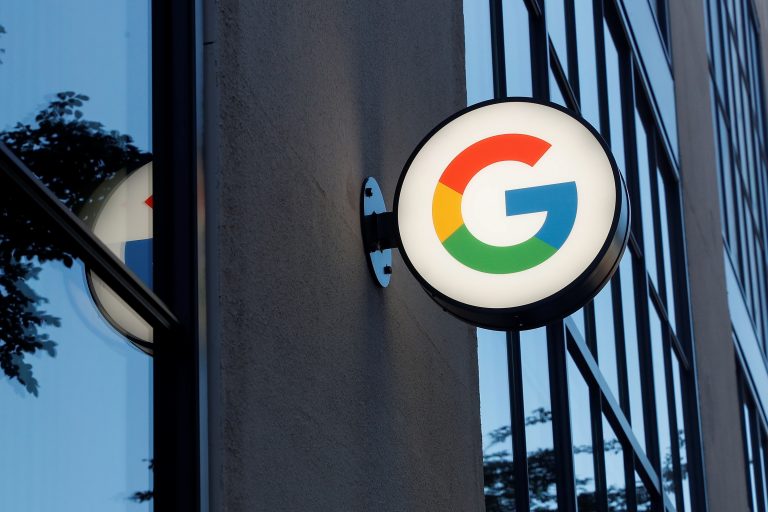
CEO of giant tech company Google, Sundar Pichai has recently defended the desk-sharing policy implemented at the company, reminding employees that real estate is expensive.
While speaking in a company-wide meeting last week, Google’s CEO disclosed that the desk-sharing policy was necessitated to save money, while noting that there are lots of empty desks at the company, which makes it feel like a ghost town.
He further noted that there are many employees who show up at the office only twice a week, which he said makes for inefficient use of office space.
Tekedia Mini-MBA edition 14 (June 3 – Sept 2, 2024) begins registrations; get massive discounts with early registration here.
Tekedia AI in Business Masterclass opens registrations here.
Join Tekedia Capital Syndicate and invest in Africa’s finest startups here.
In his words,
“To me it’s obvious that they are trying to be efficient and save money but at the same time also utilize resources. There are people, by the way, who routinely complain that they come in and there are big swaths of empty desks and it feels like it’s a ghost town, it’s just not a nice experience.”
“We should be good stewards of financial resources. We have expensive real estate. And if they’re only utilized 30% of the time, we have to be careful in how we think about it.”
Also, Google Cloud’s strategy and operations Vice President Anas Osman, stated that about one-third of employees were coming into the offices at least four days a week, citing data from a pilot the group conducted in regards to returning to physical locations. As part of the pilot, Osman said, employees were given the option of having a dedicated or shared desk.
The data from the pilot reveals that Google employees reported significantly better collaboration when they had assigned days in the office even if that was in a rotational model and a shared desk. The desk-sharing policy was reported to improve productivity.
Meanwhile, Pichai’s recent defense of the desk-sharing policy despite complains from employees, is coming days after Google’s cloud unit told employees that it will transition to a desk-sharing workspace in its five largest locations, so the company can continue to invest in Cloud’s growth.
The new desk-sharing model will apply to locations such as Washington, New York City, Kirk Land, San Francisco, Seattle, and Sunnyvale, California.
The desk-sharing model mandated employees to share a desk with one other. The company stated that they expect employees to come in on alternate days so they’re not at the same desk on the same day.
Through the matching process, they will agree on a basic desk setup and establish norms with their desk partner and teams to ensure a positive experience in the new shared environment. Employees who may come in on other days, especially on an unassigned day, will use overflow drop-in space.
This move comes as Google downsizes its real estate footprint amid broader cost-cutting. However, it hasn’t yet specified regions or buildings it plans on downsizing.
In its fourth-quarter earnings call, Google executives said it expects to incur costs of about $500 million related to reduced global office space in the current quarter, and warned that other real estate charges are possible going forward.
Last month, a report disclosed that Google will be ending leases for “several unoccupied spaces” in the San Francisco Bay Area, the region where its headquarters are located.



